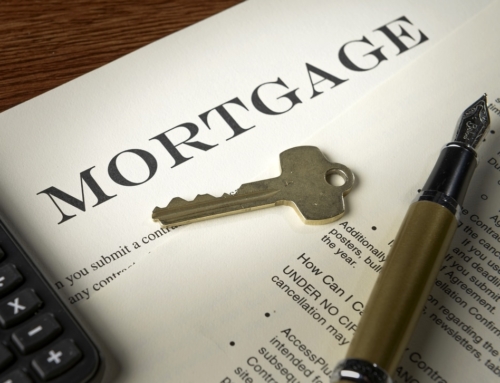Q: I am a 45-year old single mom, and I always read your column. A couple of years ago, I filed for bankruptcy. It was discharged in October 2003.
I earn $40,000 per year and I want to buy a home for myself and my daughter. Where can I turn for mortgage help? Are there any federal agencies that can help me? I need a break. I owned two homes in the past, but I don’t know where to start.
A: It may seem odd, but you may be able to be considered as a “first-time home buyer” even if you have owned a home before.
Many local first-time buyer programs will consider you as a candidate if you have not owned a home in the past three years — even if you owned a home before that. You should check into what first-time buyer programs might be available through local non-profit housing agencies. If you owned a home more recently than that, or if you owned one when you went into bankruptcy, you would not now be considered a first-time buyer.
As for federal programs, there is only the Federal Housing Administration. You may not qualify for an FHA loan right now, but they do have loan programs for people with less-than-perfect credit.
What’s complicating the problem for you now is how recently your bankruptcy was discharged. It has only been about six months since you emerged from bankruptcy protection and it is unlikely you have rebuilt your credit score to a place where anyone other than a predatory lender will consider you a likely prospect.
And going with a predatory lender is something that you want to avoid, since you’ll probably end up paying credit card interest rates on your mortgage and your on-time payments may not be reported to the credit reporting bureau.
What you need to do now is work on repairing your credit and raising your score. Here’s how to do it: First, check out where your credit score is. You can do this by purchasing a copy of your credit history and score from myFICO.com (it costs $12.95).
If your credit score is less than 620, you will probably have a hard time getting any legitimate lenders to work with you on a reasonable basis. (Ideally, your score will be at 680 to be considered a Grade A borrower.) So, let’s consider that the benchmark you’re aiming for.
The simple way to raise your credit score is to pay all of your bills on time over at least a year. That includes credit card bills, car loans, rent, utility bills, etc.
Next, don’t charge anything you can’t pay off in full at the end of the month. Don’t buy furniture on time, sign up for a new car loan or put away anything on lay-a-way.
If you don’t have a credit card, you’ll need to get one. Try for a secured credit card, which will only allow you to charge up to the amount you have placed at the bank on deposit. After about six months of reporting your on-time payments, you may be able to get a regular credit card. Check out CardWeb.com for good credit card deals.
Finally, if you want to buy a home, you’ll need some cash. Start salting away every penny you can into a long-term savings account. If you need some assistance in figuring out your new budget, check out your local city or village hall. Most municipalities offer some sort of free budget or housing counseling sessions or can point you to a local non-profit housing agency that offers free classes.
While you may be feeling the pressure to buy a house now because interest rates are low, they’re not going to be that low for you. And, you may be forced to take a high prepayment penalty as well. You may do a lot better by spending the next year improving your credit and then being able to qualify for the best interest rates in the market, from legitimate lenders rather than those that prey on individuals with poor credit histories.






Leave A Comment